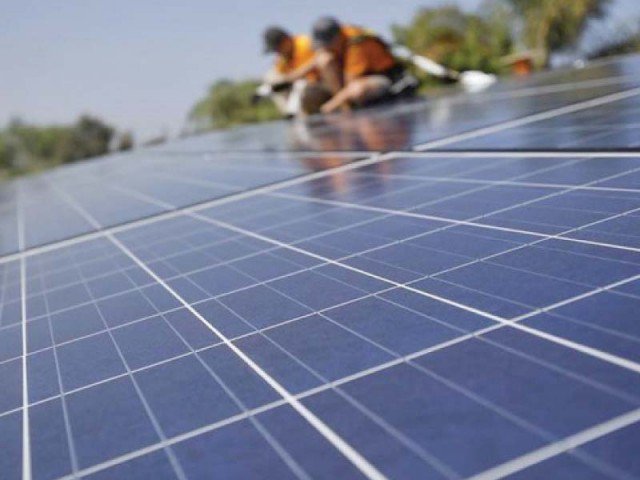
According to officials, the four provinces have not conducted any due diligence for laying transmission lines but have issued a number of Letters of Intent (LOI) to the investors for setting up renewable energy plants.
They said the provincial governments had no idea of the availability of transmission lines at the sites of proposed solar and wind power plants.
The Sindh government has issued over 51 LOIs for the installation of wind power plants in the province whereas Punjab is in the process of granting the LOIs. Officials were of the view that the present transmission system had no capacity to supply electricity from the new renewable energy plants.
Pakistan asked to produce 30% of power from renewable sources
They also pointed out that prices of the equipment required for setting up renewable energy plants had gone down substantially in the international market, which had brought down the cost of power generation through renewable resources.
They revealed that the government was also considering encouraging the establishment of renewable energy plants due to the reduction in its production cost.
Experts suggest that renewable energy plants could be better for the entire energy chain as they would not only reduce the cost of electricity for the consumers but would also lead to savings of foreign exchange, which is being spent on imported fuels like furnace oil and liquefied natural gas (LNG).
At present, the entire energy chain has been plagued by the growing circular debt and cheaper energy generation will help reduce the debt.
Govt urged to announce policy framework for renewable energy
Pakistan’s total power generation capacity in 2016 stood at 20,857 megawatts. At present, the number of power plants in the country stands at 1,077 and the total installed capacity is 33,836MW.
The power production capacity will rise to 51,694MW by 2022 if the projects planned by the previous Pakistan Muslim League-Nawaz (PML-N) government are completed by the new Pakistan Tehreek-e-Insaf (PTI) administration.
During the PML-N tenure, the Ministry of Water and Power had proposed putting restrictions on the share of renewable energy at 10% of the total installed capacity, saying solar and wind power projects were operating at a much lower efficiency and creating problems for the national grid.
The ministry had also proposed a cap on the installation of nuclear power plants in the future because of concerns over its high cost of production.
However, officials suggested that the cap should be placed on the power plants based on imported fuel like furnace oil which had been abandoned around the world and focus should be on projects based on domestic resources.
They said many countries across the world had switched to renewable resources due to high oil prices and therefore, Pakistan should also encourage the establishment of wind and solar power plants to reduce reliance on imported fuels and ease the pressure on foreign exchange reserves.

















COMMENTS
Comments are moderated and generally will be posted if they are on-topic and not abusive.
For more information, please see our Comments FAQ